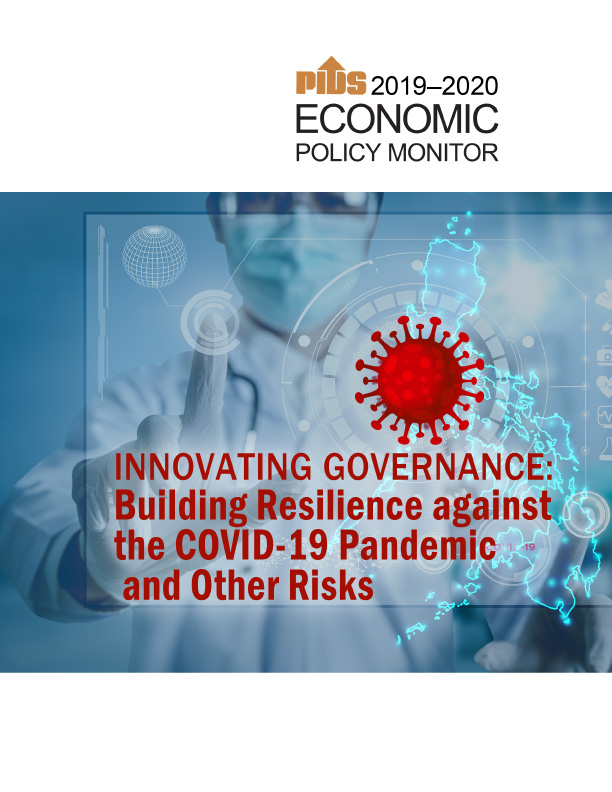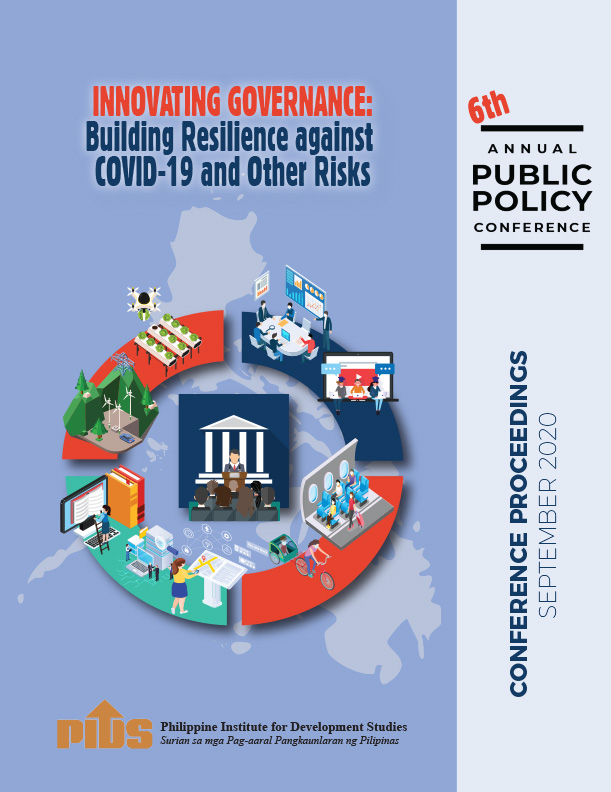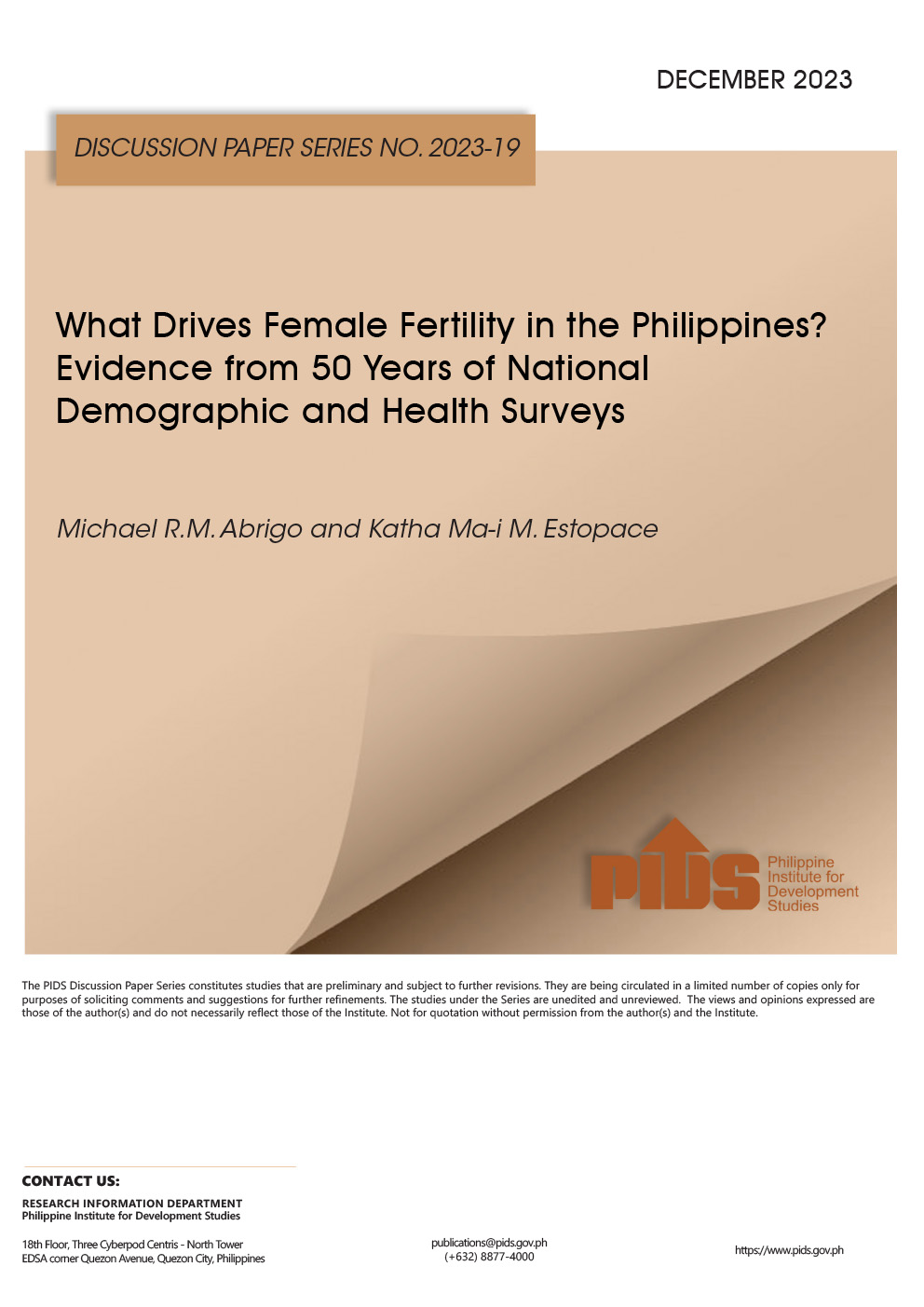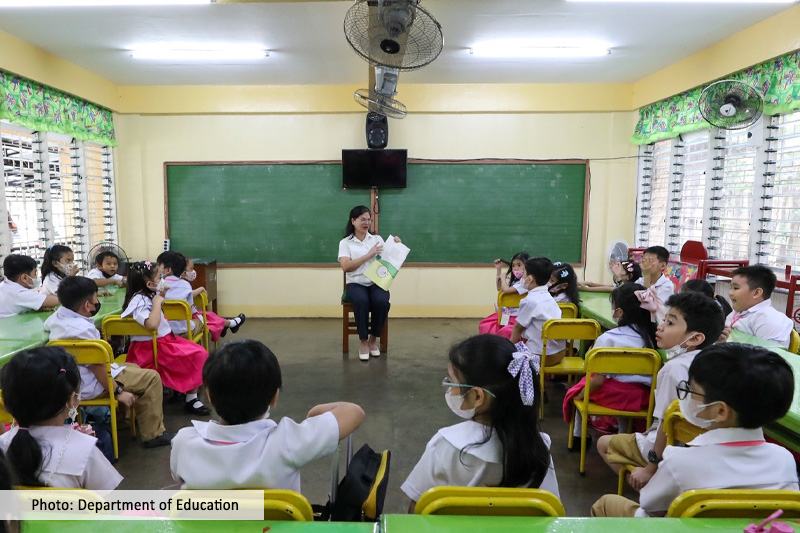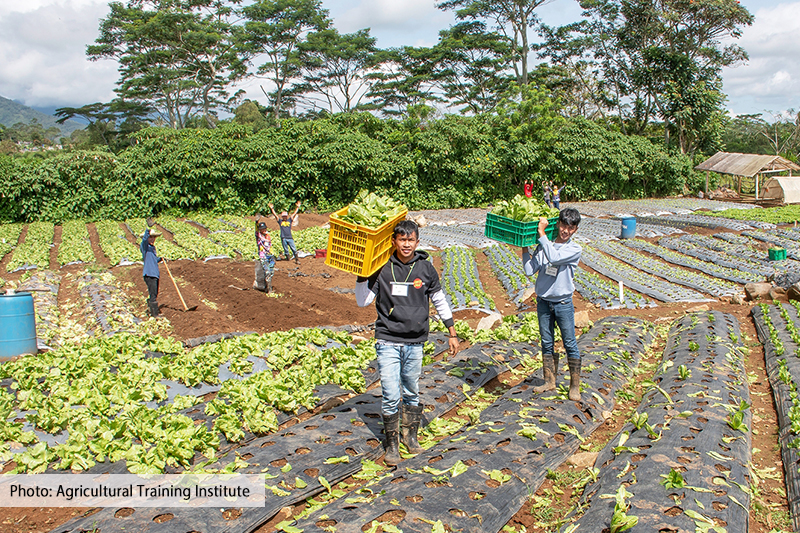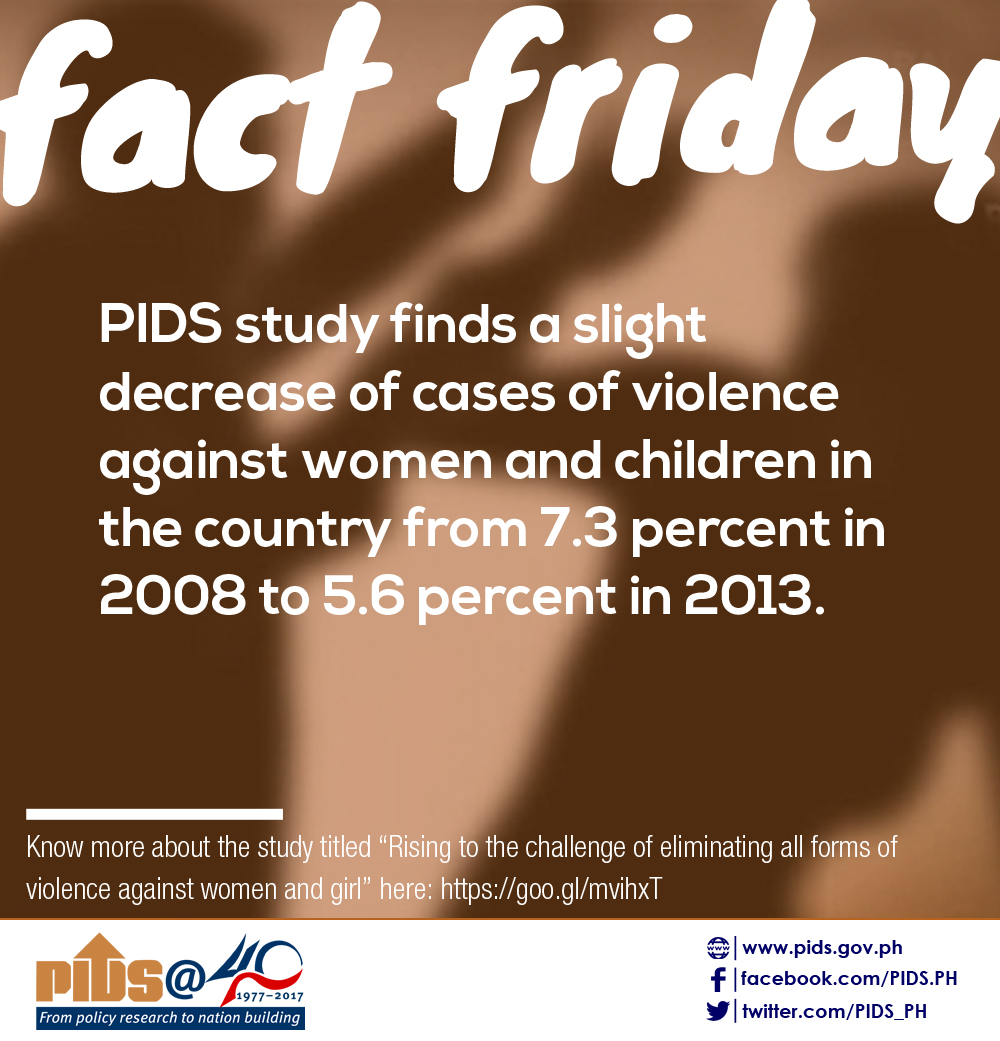The University of the Philippines School of Statistics (UPSS) released an official statement on Feb. 21 titled On the Proliferation of Surveys with Unclear Methodologies. The institution’s faculty members called out the “pervasive abuse of survey methodologies by some entities doing their own brand of research, and promoting them in social media.”
The UPSS stated that it observed the said practices like surveys not based on random sampling, vloggers carrying out “kayle surveys”, and suspicious online surveys seen on Twitter and Facebook. It said, ‘We are dismayed by their cavalier disregard for the principles of data gathering.’
‘We also witness PR companies, private individuals, and even some media organizations publishing results of surveys with unclear methodologies,’ the statement added.
What is a ‘Kayle Survey’?
A kalye survey or street survey is a way of doing interviews with random passersby. Recently, there were reports on local vloggers who tested out this method and asked Filipinos who would they vote for as the country’s next president. Earlier this month, Rappler also published their own version of this approach.
According to the Philippine Institute for Development Studies (PIDS), kalye surveys are not statistically reliable. PIDS Senior Research Fellow Jose Ramon G. Albert explained to Business Mirror that randomly selecting people will not be accurate enough to get a national reading since not everyone who walks by the street is a voter living in the same city.
The UPSS added that “sample selection strategies can generate bias”, like when the sample tends to favor a segment of the population. It said, ‘Data collection processes may also generate bias, such as when an interviewer purposely affects the answers of the respondents. Biased methodologies will only give biased results.’
Kalye surveys and their suspicious results
The Philippine Star cited SPLAT Communications’ survey, which findings show Robredo has a statistical impossibility to catch up with Bongbong in election surveys. However, the social media pages of the supposed ‘data analytics firm’ arguably look like a troll site. Its Youtube videos have poorly made infographics, exaggerated headlines, haphazard editing, and it uses a robotic narrator voice.
Apart from the surveys reported by the media, online users probably encountered social media polls that use reactions as a way of voting. Manila Bulletin’s Tech News Editor Art Samaniego shared screenshots from Trollishly, a website that sells emoji reactions on Facebook between $3 (P152) to $29 (P1,471), depending on the volume.
Pulse Asia was also criticized for its survey results that showed 60% voter preference for Ferdinand “Bongbong” Marcos Jr. as the next PH president. VP Leni Robredo landed second at 16% percent, followed by Senator Manny Pacquiao and Manila Mayor Isko Moreno at 8%.
But while many ‘kalye surveys’ are shady at best, Pulse Asia is open with its methodologies. Pulse Asia chairman Ronald Holmes explained to ANXC that they determine the sample size and randomly select 1,200 of the adult population of over 60 million.
The next step is to randomly pick cities and municipalities where they will randomly select the barangays. Most of the data including regions and social classes can be seen on the research company’s website.
Pulse Asia surveys are also accomplished by equipped interviewers who have been doing market research and social science surveys for a long time.
Survey methods to ask, according to UPSS
The educators stated that people shouldn’t immediately accept survey results as they are. They also shared a few of the following questions that should be considered when it comes to executing surveys:
– How was the sample selected?
– Which sectors of the population, if any, are being represented?
– What events surround the period of data gathering?
– When facing an interviewer, was the respondent interviewed in a neutral yet professional tone?
– What are the control mechanisms implemented to ensure accuracy of the protocols in data collection?
UPSS noted that it “shall be vigilant in fighting for the ethical practice of statistical science.” It added, ‘We appreciate reputable organizations who maintain and continually uphold the highest standards of professional ethics in survey research.’
The UPSS stated that it observed the said practices like surveys not based on random sampling, vloggers carrying out “kayle surveys”, and suspicious online surveys seen on Twitter and Facebook. It said, ‘We are dismayed by their cavalier disregard for the principles of data gathering.’
‘We also witness PR companies, private individuals, and even some media organizations publishing results of surveys with unclear methodologies,’ the statement added.
What is a ‘Kayle Survey’?
A kalye survey or street survey is a way of doing interviews with random passersby. Recently, there were reports on local vloggers who tested out this method and asked Filipinos who would they vote for as the country’s next president. Earlier this month, Rappler also published their own version of this approach.
According to the Philippine Institute for Development Studies (PIDS), kalye surveys are not statistically reliable. PIDS Senior Research Fellow Jose Ramon G. Albert explained to Business Mirror that randomly selecting people will not be accurate enough to get a national reading since not everyone who walks by the street is a voter living in the same city.
The UPSS added that “sample selection strategies can generate bias”, like when the sample tends to favor a segment of the population. It said, ‘Data collection processes may also generate bias, such as when an interviewer purposely affects the answers of the respondents. Biased methodologies will only give biased results.’
Kalye surveys and their suspicious results
The Philippine Star cited SPLAT Communications’ survey, which findings show Robredo has a statistical impossibility to catch up with Bongbong in election surveys. However, the social media pages of the supposed ‘data analytics firm’ arguably look like a troll site. Its Youtube videos have poorly made infographics, exaggerated headlines, haphazard editing, and it uses a robotic narrator voice.
Apart from the surveys reported by the media, online users probably encountered social media polls that use reactions as a way of voting. Manila Bulletin’s Tech News Editor Art Samaniego shared screenshots from Trollishly, a website that sells emoji reactions on Facebook between $3 (P152) to $29 (P1,471), depending on the volume.
Pulse Asia was also criticized for its survey results that showed 60% voter preference for Ferdinand “Bongbong” Marcos Jr. as the next PH president. VP Leni Robredo landed second at 16% percent, followed by Senator Manny Pacquiao and Manila Mayor Isko Moreno at 8%.
But while many ‘kalye surveys’ are shady at best, Pulse Asia is open with its methodologies. Pulse Asia chairman Ronald Holmes explained to ANXC that they determine the sample size and randomly select 1,200 of the adult population of over 60 million.
The next step is to randomly pick cities and municipalities where they will randomly select the barangays. Most of the data including regions and social classes can be seen on the research company’s website.
Pulse Asia surveys are also accomplished by equipped interviewers who have been doing market research and social science surveys for a long time.
Survey methods to ask, according to UPSS
The educators stated that people shouldn’t immediately accept survey results as they are. They also shared a few of the following questions that should be considered when it comes to executing surveys:
– How was the sample selected?
– Which sectors of the population, if any, are being represented?
– What events surround the period of data gathering?
– When facing an interviewer, was the respondent interviewed in a neutral yet professional tone?
– What are the control mechanisms implemented to ensure accuracy of the protocols in data collection?
UPSS noted that it “shall be vigilant in fighting for the ethical practice of statistical science.” It added, ‘We appreciate reputable organizations who maintain and continually uphold the highest standards of professional ethics in survey research.’

